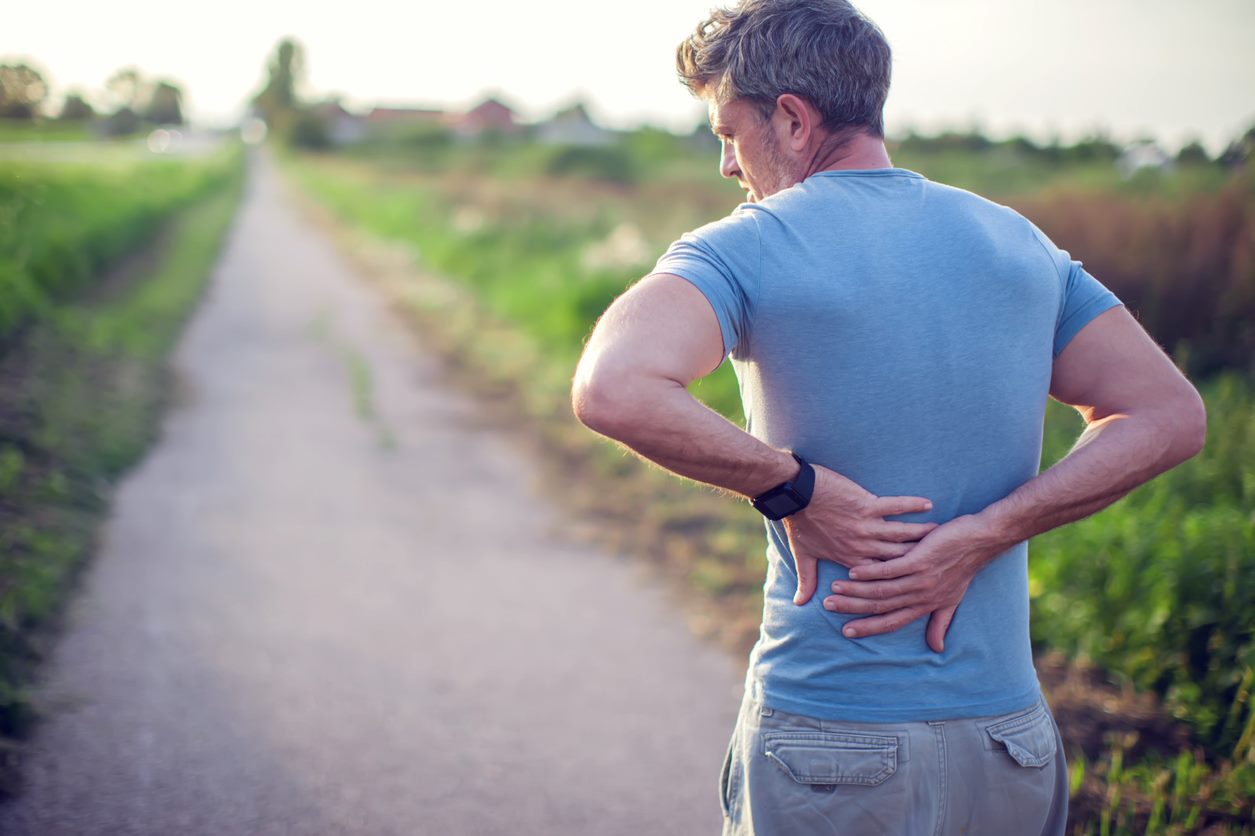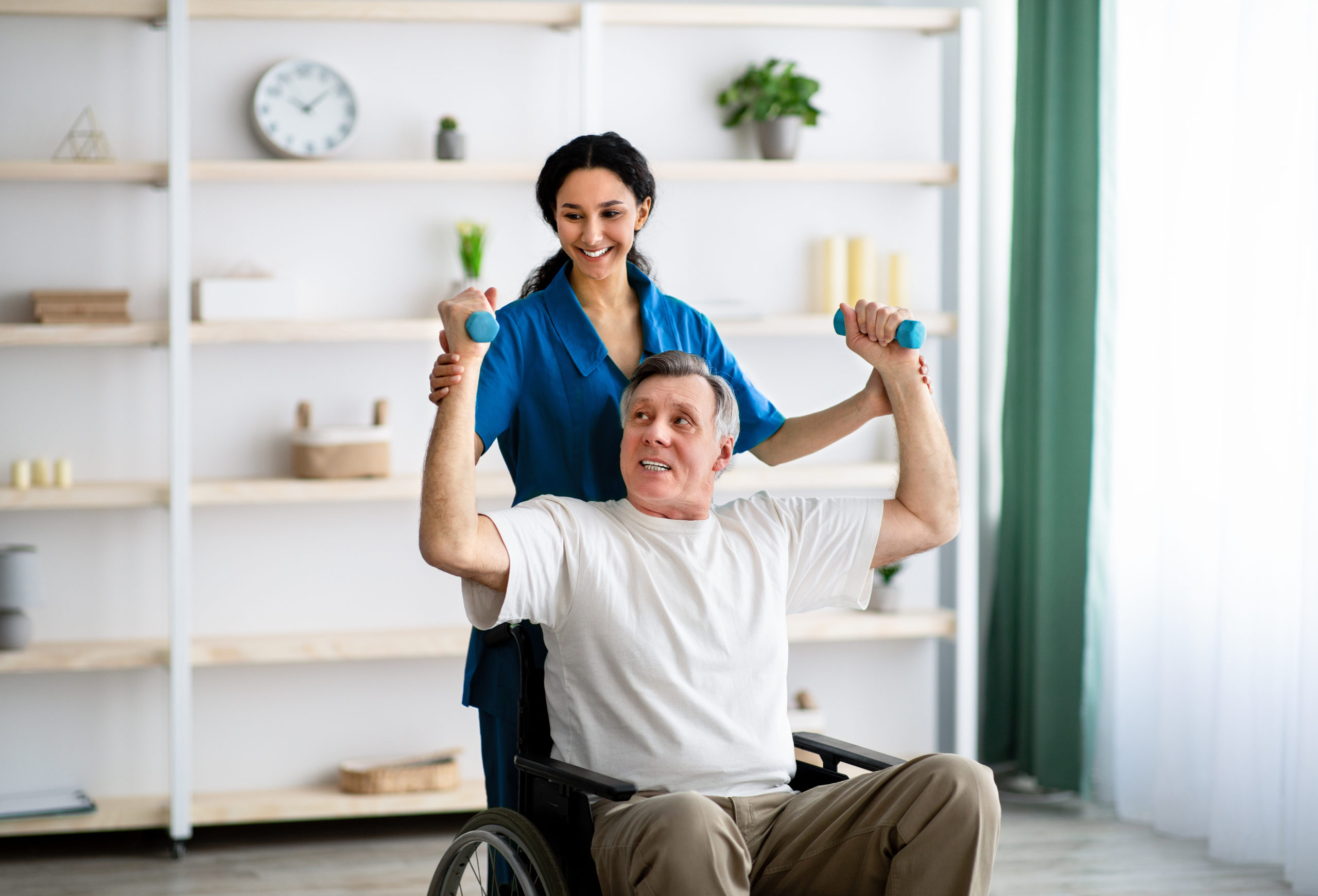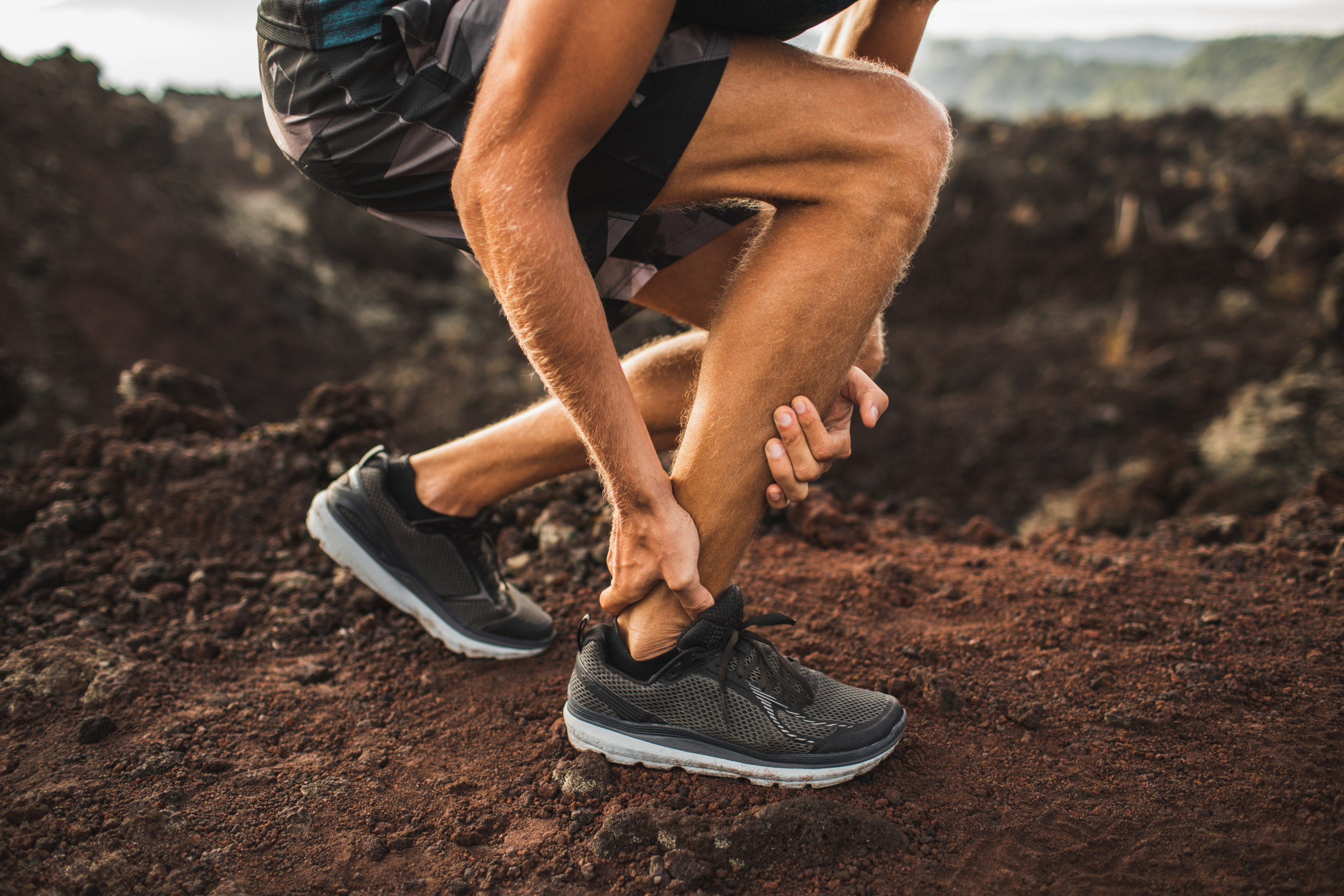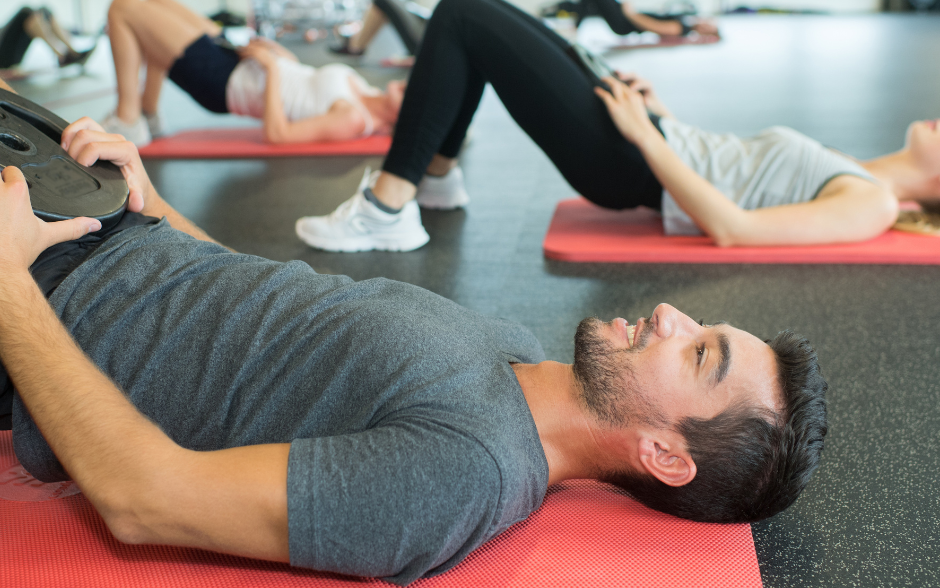
Almost everyone has heard of sciatica. But when we talk about this condition, it can be a bit unclear what it actually is.
The term is often used quite loosely, for example to describe different types of leg pain that aren’t necessarily connected to the sciatic nerve.
There are also some common myths around sciatica, especially regarding diagnosis and treatment.













